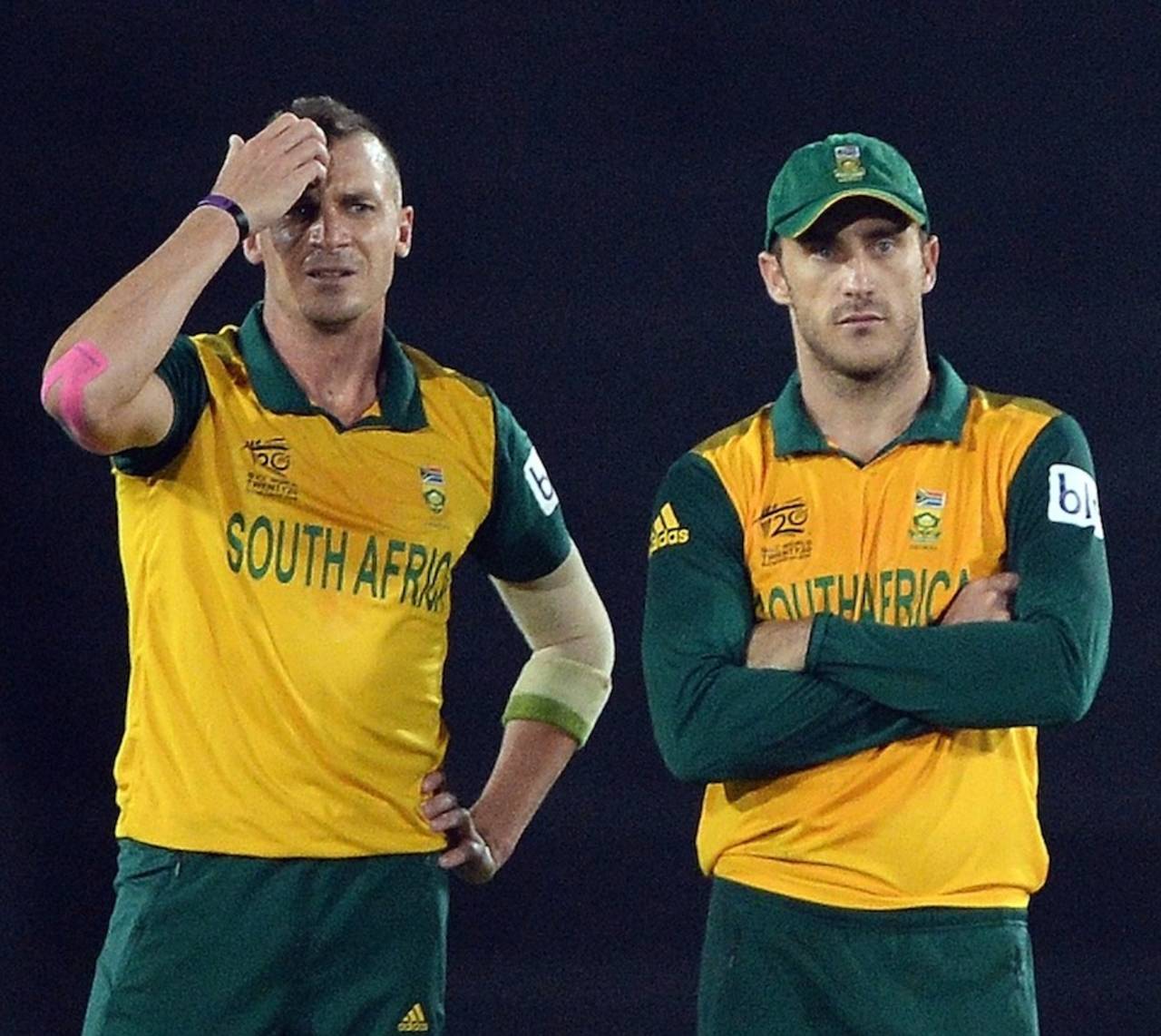In a
recent interview, Jacques Kallis said that South Africa's "chokers" tag was overused and regarded as a joke within the side. His opinion is in stark contrast to that of former coach
Gary Kirsten, who said when his team crashed out of last year's Champions Trophy that they deserved the name, and that there is an inconsistency in their game which gets exposed in big tournaments.
A number of reasons can be given for why South Africa have failed to deliver when it matters most, but for the media the chokers tag is the immediate go-to. It's an inconvenient truth for all South African cricketers past and present, and one they do not like being reminded of.
Kirsten during his brief stint as coach believed the remedy lay in developing South African cricketers who could think for themselves under pressure and who could peak at the right time. The question is, though, have coach Russell Domingo and captain AB de Villiers continued with Kirsten's work, and do they shared his beliefs? Sadly, I don't think so, and they are no different to generations before them, who believed the chokers tag was not their doing. All have tried to separate themselves from the past but each premature exit from a World Cup has only brought them closer to it.
All top athletes are only human and like all human beings, they care about what people think and say about them. So while you may ignore the media, the public will remind you at every turn what your frailties are
Could the answer not lie in new thinking? Granted, it still has to translate into success on the field, but making peace with and confronting the issue may go a long way in helping. So would Domingo and the players not be better off speaking freely about it so that, come the World Cup, they are familiar and comfortable with it? This will unclutter and empty their minds, leaving space and energy for what's more important. It can also defuse the media onslaught, by making the subject an exhausted one by February next year. Such a fresh, bold approach will also find admirers among the media and public.
One thing is for sure. While all may be quiet for now, as the World Cup draws nearer, Domingo and his players will face an unprecedented attack on their psyche. The Australasian media are unrelenting in their pursuit of a good story, and this one, though old, is a good one. Their public loves nothing more than baiting the opposition. If Domingo believes his players won't take it all in, he needs to think again.
All top athletes are only human, and like all human beings, they care about what people think and say about them. Also, while Australia is a big country and New Zealand not so big, their populations are small and cricket during a World Cup is everyone's business. So while you may ignore the media, the public will remind you at every turn what your frailties are. Your only sanctuary is your hotel room, and you can't spend all your time there.
Finally, this South African squad must remember that they can't ignore South African cricket's past and that they have a responsibility towards it, warts and all, whether they like it or not. It's not their team but the country's, and they must defend it, as they would like it to defend them. Redemption is for all to share. A stigma's power lies in the silence it evokes in those affected. Get it out of the way now.
Daryll Cullinan played 70 Tests for South Africa between 1993 and 2001
